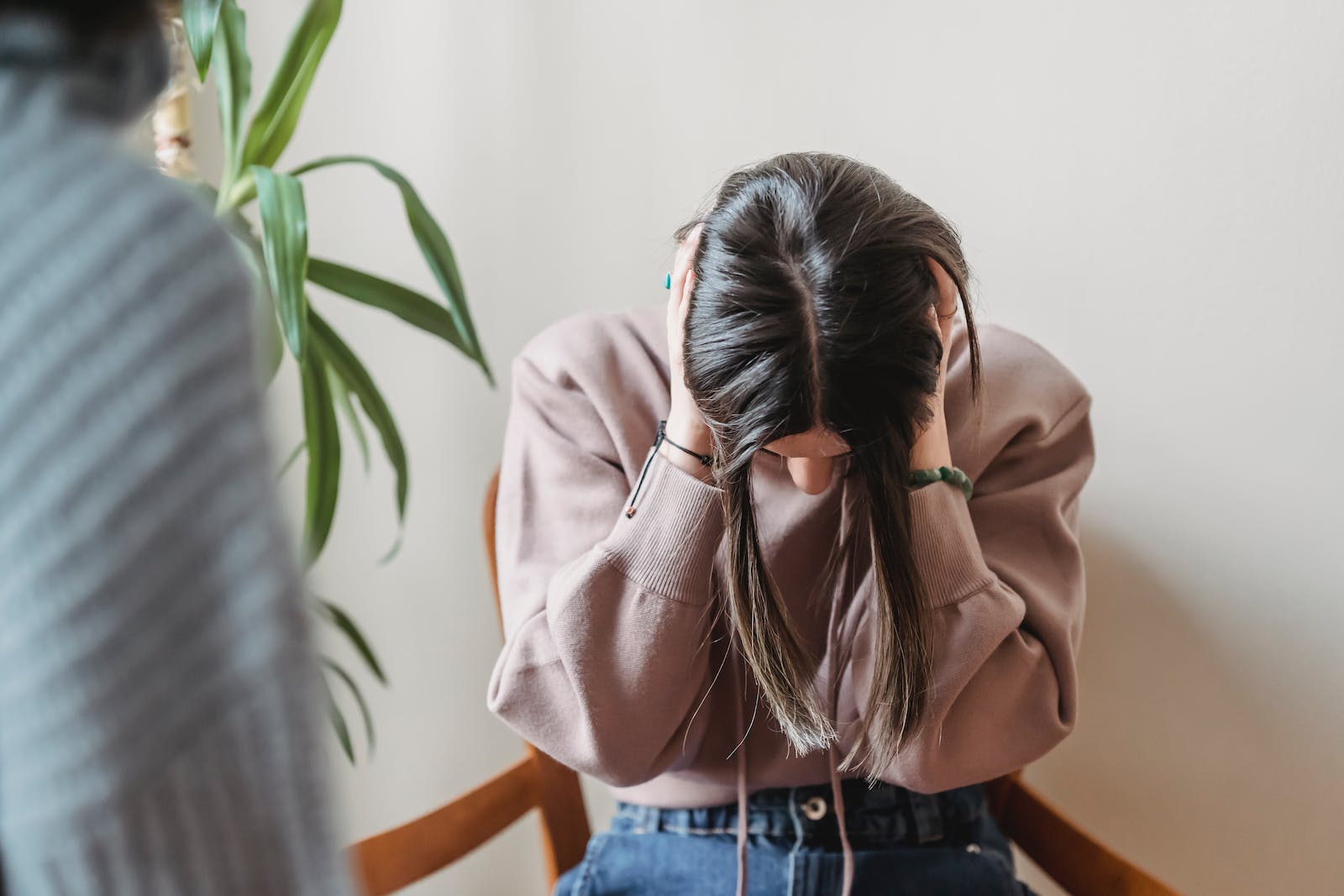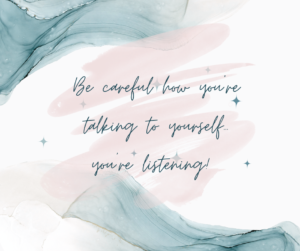
Low self esteem: The hidden condition
Low self esteem can be a painful condition and many of us suffer in silence, unaware of the damage being done, unaware that there is a way out.
Throughout my mental health journey, I was asked numerous times if I had low self esteem, I would struggle with this question. The definition of self esteem is:
“Confidence in one’s own worth or abilities; self-respect”
Since I did not believe I had any worth or abilities, how could I possibly have confidence in them? I did not believe there was anything about me to respect. Therefore, the question baffled me because if there is nothing to feel good about how could I rate it as low or high? It’s only since my self esteem has improved have I realised how rock bottom it was and I had previously been viewing myself through a distorted lens. Once the cycle of low self esteem started, add in mental illness and you soon reach no self esteem!
We build a picture of ourselves and our self esteem grows from a combination of the following:
- Experiences at home, school, work and in the community
- How other people react to you and treat you
- Illness, disability or injury and how those around you cope
- Your own thoughts and perceptions
- Culture, religion and societal status and role
- Media messages
Problems associated with low self esteem include:
- Feelings of fear and anxiety – an all consuming fear of doing something wrong, looking stupid.
- Isolation and avoiding new situations – these things can feel too overwhelming when you assume you won’t be able to cope.
- Staying quiet and not sharing thoughts or ideas, not initiating conversation – anything to avoid looking bad, stupid of inept and avoiding rejection.
- Underachieving and lacking ambition for fear of not coping or being rejected,
- Or overachieving – constantly working inordinately hard to prove worth and competence to self and others, striving for perfection and perceiving failure if it’s not achieved.
- Seeking or remaining in destructive relationships through fear of not managing alone.
- Depression – persistent low self esteem with negative self-talk can lead to other symptoms of depression such as low mood, not sleeping, poor appetite etc
- Hypersensitivity – assuming negative thoughts from others leads to being on the look out for these signs that confirm these fears. These could lead to acting on a sign that wasn’t perceived accurately (for example a compliment will sound sarcastic). Sometimes people will throw out “tests” to see what people think of them.
- Lack of assertiveness – anxiety and fear can lead to difficulties sharing feelings and asking assertively for needs to be met. This can lead to people being passive and being “walked on”, which can lead to a build up of pressure and aggression being expressed as being defensive, sarcastic, brusque or even rude. Putting other people down (not necessarily deliberately maliciously) may be a way of covering up a low self esteem. Being passive-aggressive is common, examples include being manipulative, planned tardiness, throwing out cues for others to pick up on and gossiping.
- Obsessions or addictions can be a way of coping or covering up. From workaholic behaviour through to developing serious mental illness such as anorexia or obsessive compulsive disorder with intrusive thoughts etc
- Behaving in a needy way, relying on others for direction and trying to please others.

None of these are meant to be criticisms but it’s helpful to know that people behave in all sorts of ways, unintentionally, in order to manage such a negative feeling. It may be helpful to realise that you have low self esteem and that how you’re managing it is having a negative impact on you and the people around you. If you notice other people’s behaviour is annoying, unhelpful or irrational, this may be the tip of the iceberg and it might be worth thinking about whether their self esteem is playing a part, the real root may be hidden.
My lack of self esteem was mostly internalised and exaggerated as I turned to self punishment.
I became depressed, used self harm to manage my emotions and hid inside anorexia to manage strong negative feelings about myself. Once I was on my road to recovery and I was able to reflect on some of my unhelpful thinking I became very aware of my fear of arrogance – my overwhelming fear of my head being too big had pushed me so far in the other direction I was suffering for it! A balance is important. (Arrogance is unattractive, and while some people may think it’s got them places, I never want to venture down that path.) I can be assertive while using humility to keep arrogance at bay!
It is really important to boost your own self esteem and the self esteem of those around you and to avoid unhelpful coping patterns. Here are some tips:
- Stop comparing yourself to others – a trap a lot of us fall into, thinking it helps us know where we stand but it’s unrealistic as we’re all unique with different abilities and strengths. Get to know yourself rather than thinking you need to be the same as someone else.
- Don’t strive for perfection – some people believe only God is perfect, others believe it does not exist. Being OK with “good enough” was one of the best things I ever did for my recovery. Don’t get me wrong, I love my perfectionistic streak (it’s part of who I am) and I can turn it on if I want to but I keep it in cheque!
- Make mistakes – it’s natural, it’s the way we learn and it’s fun! They will happen, there’s nothing we can to avoid them so we may as well enjoy them! Apologise if necessary, learn what we need to, treat yourself with compassion and move on – that’s the most important bit!
- Focus on the things you can control – focusing on our worries and the things we can’t control leads to a downwards spiral of negativity. Instead, if we look at what we CAN change not only will we feel better but we’re more likely to actually achieve what we want.
- Talk to yourself in a positive way – imagine recording a repeater tape with “I’m no good, I can’t do this, I’ll never achieve anything” – if you didn’t believe it in the first place, you will after a very short time! This is what goes on inside the head of someone with low self esteem. Instead, we need to replace it with “I can do this, I’m an OK person” etc. Work out what you want and tell yourself you can do it! If someone you know has low self esteem, make sure you are their positive repeater tape – without prompting tell them they are lovable, tell them what they’re good at, tell them they’re unique.
- Do things you enjoy and help others do the things they enjoy – having low self esteem makes you focus on the things you’re no good at. For once, just relax and do something you know you’re good at – go to the park and read a book, spend some times stroking your cat, make a smoothie, do some weeding. Anything! Helping other to find something they enjoy has its rewards – it will improve their self esteem and you might find something new and fun too!

Breaking out of low self esteem can be hard. It’s especially hard if its become habitual to behave in these ways over years and years. But improving self esteem will improve every aspect of your life! Feeling better about yourself will mean you will be able to:
- Communicate better, which in turn improves relationships, from intimate relationships to work colleagues to acquaintances.
- Manage challenges better – challenges come along, they can defeat us or make us stronger depending on how we approach them.
- Managing illness better – one of the biggest improvements I’ve seen is that when I’m unwell I’ve started asking for what I need instead of assuming I don’t have a clue and hoping other people will know better than me!
- Get what you want out of work – being honest about whether you want to achieve highly, be a CEO or whether you want something else – don’t let your self esteem dictate whether you over or under achieve!
- Have a healthy work-home-life balance – everyone’s different and needs/wants different things out of life. We should not allow our self esteem to allow us to be dictated to by others. Working out what works for us as a unique individual is vital for a healthy life!
If low self esteem is caught up in mental ill health, external support will be vital, recovery is tough but I wouldn’t give up my journey for anything. I’ve learnt so much about me and those around me, my life has been enriched by the experience. Wherever you are on your journey or whether you’re journeying with someone else, I hope my blog has helped in some way.




